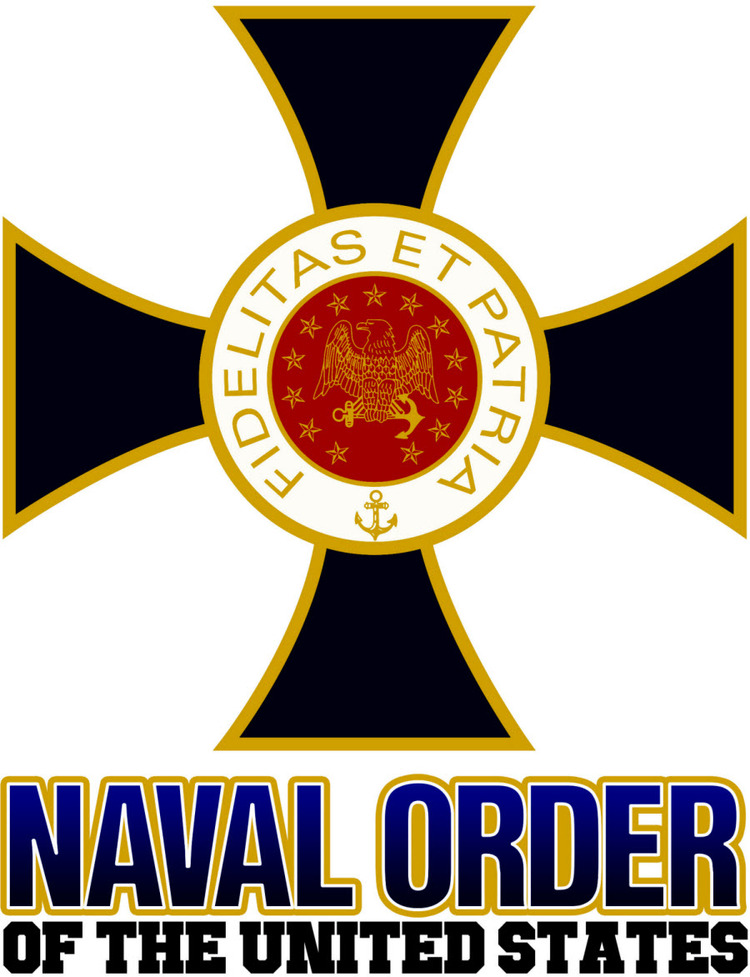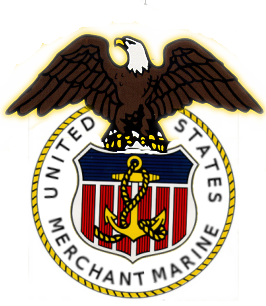Professor James Armstead, US Naval War College (Ret.)
James Holmes Armstead, Jr.
We are 100 years out from the Versailles Peace Conference that met to end the Great War. We remain engaged in parts of the world whose uncertain political future still entrap us in old squabbles that help determine our strategic positions, define our alliance relationships and continue to cause concern for our (and the world's) future. A number of lingering feuds, as well as modern political realignments have their basis in Versailles and its aftermath and we need to understand the historical basis of our strategic interests to better enable us to address corrective measures, avoid unnecessary conflicts in the future and engage with a dynamic changing world becoming seemingly more perilous by the day. The world of 2019 is unlike anything preceding earlier: it is growing faster in population, more productive, better connected with transportation and communication, and has more knowledge, all while using( and using up) many of our limited resources at an ever increasing pace resulting in unsettled issues of ethnic conflict, economic competition, political restructuring, dynastic struggles, religious strife and historic enmities which further destabilize the oftentimes precarious balance within the geopolitical strategic milieu in which we find ourselves. The world of today is more interconnected and interdependent; it is smaller metaphorically yet exhibits a unprecedented maelstrom of conflicts and disorder in many ways and unfortunately any problem any where can manifest itself so rapidly as to become our problem with a heretofore unknown sense of immediacy.
The solution "to the War to End All Wars" was perhaps so much more than a fateful solution to a crises of 1914 and some who say a valiant attempt at finding grand solutions but clearly no panacea for conflict, nor model for peaceful coexistence or a design for a stable, orderly future presented itself to salve the woes of the last century. We must now stop and ask the pressing questions before we go on as we have been doing exhausting our resources, scattering our political capital and wasting time and opportunities, as did the great imperial powers immediately preceding the current age; what did we do, where did we go wrong, how did we get here and finally, what is America's role in the 21st Century. These questions were not answered by Versailles, yet we proceed in many ways as if they were, and to what avail you might ask!
Our continued survival depends on asking those questions soon and achieving some wisdom in finding the answers. We must not only develop a new and a comprehensive strategy for our future but begin effectively husbanding our resources to best achieve our strategic policy aims in some rational conjunction with our allies and other like minded nations across the globe.
Dr. J. Holmes Armstead is a retired professor of Strategy and International law from the US Naval War College. He has taught international law, strategy and national security policy for nearly 40 years. Professor Armstead has served on faculties at Stanford University, Pepperdine University, the University of California, the University of Nevada, Southern University, the US Naval Postgraduate School, Lewis University, the Virginia Military Institute and Washington and Lee University. He has also lectured at the British Joint Services Staff College and taught as a visiting professor at the Universite d'Pau in France and as an exchange professor at Richmond College in the University of London. He has lectured at senior staff colleges in Poland, Austria, Germany, Slovenia, and Malawi.as well as the US Army War College, at the United States Military Academy and the South African Military Academy. Jim has served as a research associate at the prestigious RAND Corp which sponsored his dissertation "Lightweight Power Projection" and has been Chief of Staff to a Member of Congress. Working for the Department of Defense he participated in negotiations enlarging NATO with the accession of Poland, Hungary, Slovenia, Slovakia, Albania, Latvia, Lithuania and Estonia. Jim has assisted in drafting constitutional reforms in Montenegro, South Africa, Poland, the Congo, and Lithuania and is currently Of Counsel to the American bar Association Office of Human Rights. Dr. Armstead lectures on International law at the Austrian Academy of Higher Military Studies in Vienna.
Dr. Armstead received his undergraduate education at the University of Illinois in history and anthropology and was graduated in 1968, received his J.D. in 1975 from DePaul University, returned to the University of Illinois where he undertook graduate studies in public policy and economics and was awarded a Ph.D. in public policy analyses from Pacific Western University in 1981. Additionally, he holds an advanced certificate in International Law from the Instituto Superiori Internationale Criminali Science in Siracusa, Italy and is the recipient of 3 honorary doctorates. During his career he served in the United Nations Secretariat where he was the English language editor of the Treaty of Rome which created the International Criminal Court at the Hague and has served on missions with the Organization of Security and Cooperation in Europe as an international election observer in Belarus, the Ukraine and Kyrgyzstan. Jim served as an Armor, JAG and Civil Affairs Officer in the United States Army, the US Army Reserves and National Guard in staff and command assignments from battalion to corps level eventually serving as a special aide to the Secretary of the Army and he continues as a volunteer in the Virginia State Militia involved in operations, training, JAG, and Inspector General assignments.







